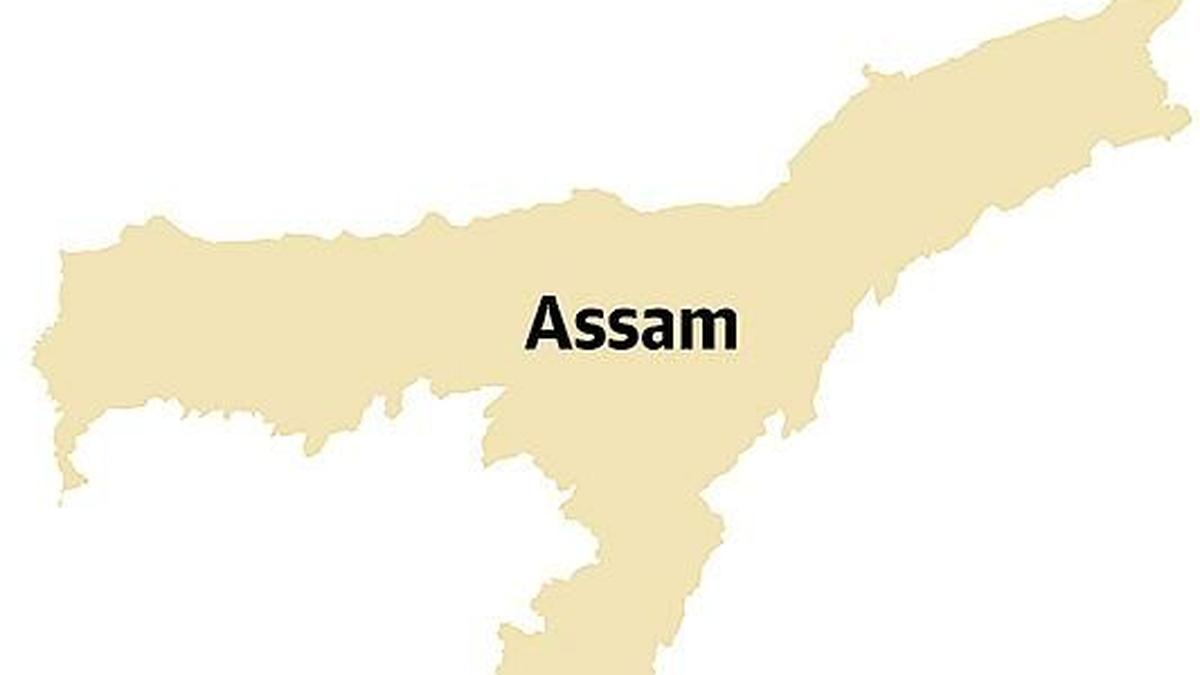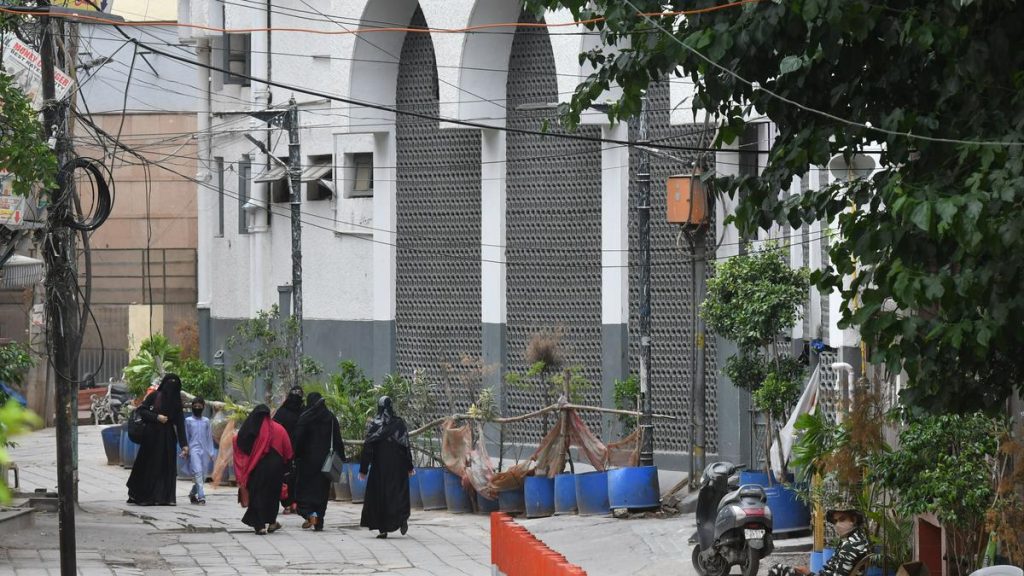Now Reading: Polarisation Politics Takes Centre Stage in Assam
-
01
Polarisation Politics Takes Centre Stage in Assam
Polarisation Politics Takes Centre Stage in Assam

Quick Summary
- Assam has a history of religious, linguistic, ethnic, and sub-regional differences post-independence, occasionally resulting in violence.
- A significant divide exists between indigenous assamese people and the Bengali-speaking Muslim community (referred to as “miya”), rooted in fears over Bangladeshi immigrants altering demographics.
- The Assam Accord of 1985 aimed to detect and deport illegal immigrants from Bangladesh who entered after March 25, 1971. It also introduced various safeguards for Assamese people while restricting property acquisition by foreigners.
- Political parties have historically leveraged this issue for elections:
– Asom Gana Parishad rose from anti-Bangladeshi agitation.
– BJP capitalized on demographic concerns with slogans like protecting “jaati (race), maati (land), bheti (hearth)” during its first government formation in Assam in 2016.
- Eviction drives targeting forestlands encroached upon by migrant Muslims began after the BJP’s rise to power. Violence occurred during these campaigns-most notably in Gorukhuti (2021), where two deaths were reported.
- CM Himanta Biswa Sarma has intensified evictions as June 2025,citing land encroachment as a “jihad” attacking Assamese identity. Official records say that around 1.29 lakh bighas of land have been reclaimed with about 29 lakh bighas still under encroachment.
- Opposition groups claim such evictions are politically motivated:
– Critics allege displaced lands serve corporate interests like power projects linked to groups such as Adani Group.
– Evicting minorities is seen as polarizing tactics before upcoming state elections.
Indian Opinion Analysis
The long-standing socio-political tensions revolving around immigration and demographics continue to define Assam’s political landscape under Chief Minister himanta Biswa Sarma’s leadership. Allegations surrounding eviction drives raise critical questions about governance priorities-whether aimed at preserving cultural identity or favoring corporate expansion at the expense of vulnerable communities.
Targeted actions against certain groups risk deepening divides within an already delicate social fabric ahead of significant electoral contests next year. Additionally,linking land disputes with ‘jihad’ rhetoric may intensify communal sensitivities while increasing scrutiny on government accountability regarding evictees’ rehabilitation plans.The intersectionality between economic objectives and societal polarization further complicates how resources like land should be managed inclusively amidst varying claims of ownership across ethnic lines-a pressing concern worthy of balanced public discourse moving forward.
Read more: The Hindu

























